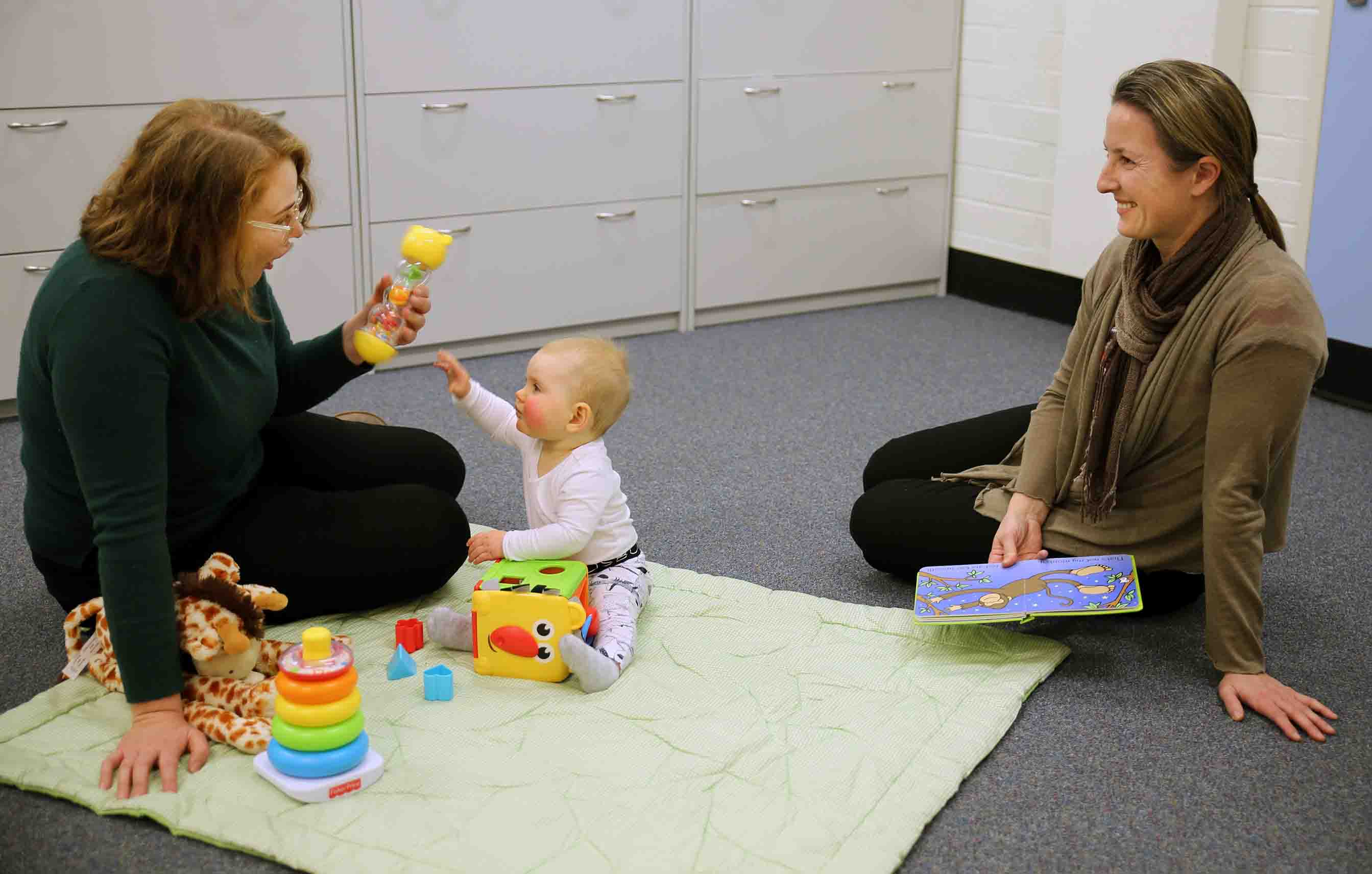Search
Showing results for "Au"
Research
Type 1 DiabetesA lifelong auto-immune condition that can affect anyone, but is most commonly diagnosed in childhood.

News & Events
Video intervention offers promising language boost for kids showing early signs of autismThe first rigorous trial of a pre-emptive behavioural intervention for babies showing early signs of autism has found the therapy can improve early language development.
Research
Quality of benzathine penicillin G: A multinational cross-sectional studyBenzathine penicillin G (BPG) is used as first-line treatment for most forms of syphilis and as secondary prophylaxis against rheumatic heart disease (RHD). Perceptions that poor quality of BPG is linked to reported adverse effects and therapeutic failure may impact syphilis and RHD control programs. Clinical networks and web-based advertising were used to obtain vials of BPG from a wide range of countries.
Research
Whole genome sequencing reveals extensive community-level transmission of group A Streptococcus in remote communitiesThere was evidence of extensive transmission of group A Streptococcus both within households and across the community
Research
Limited impact of neonatal or early infant schedules of 7-valent pneumococcal conjugate vaccinationEarly 7vPCV schedules have limited impact on pneumococcal vaccine type carriage in PNG

News & Events
The Kids researchers named as finalists in 2021 Premier’s Science AwardsFour The Kids Research Institute Australia researchers – working across diverse fields including paediatric anaesthesia, bioinformatics, ear health, and the health impacts of biodiesel exhaust – have been named as finalists in the 2021 Premier’s Science Awards.
Research
Topical antiseptics for chronic suppurative otitis mediaThe effectiveness and safety profile of antiseptics in the treatment of chronic suppurative otitis media is uncertain
Research
Adjunctive protein synthesis inhibitor antibiotics for toxin suppression in Staphylococcus aureus infections: a systematic appraisalA summary of the literature regarding the use of adjunctive protein synthesis inhibitors for toxin suppression in the setting of S. aureus infections is presented
Research
Most clinical anti-EGFR antibodies do not neutralize both wtEGFR and EGFRvIII activation in gliomaWe discovered a previously unknown major resistance mechanism in glioma in that most EGFR domain III-targeting antibodies do not neutralize EGFRvIII
Research
Activation of ERBB4 in Glioblastoma Can Contribute to Increased Tumorigenicity and Influence Therapeutic ResponseThe functional effects of increased ERBB4 activation identify ERBB4 as a potential prognostic and therapeutic target
